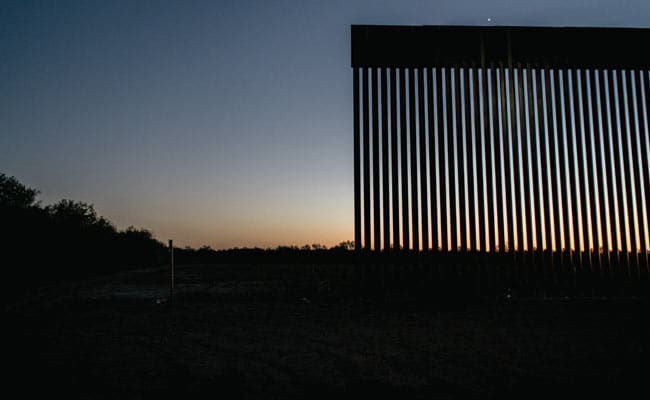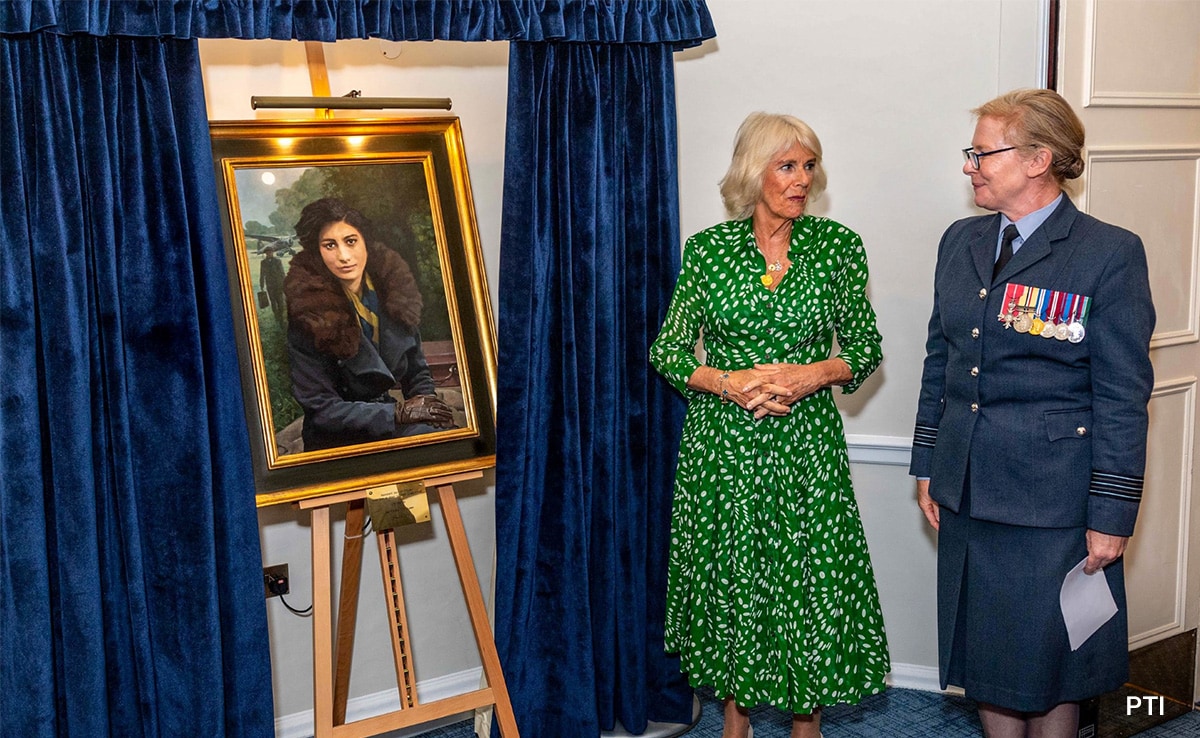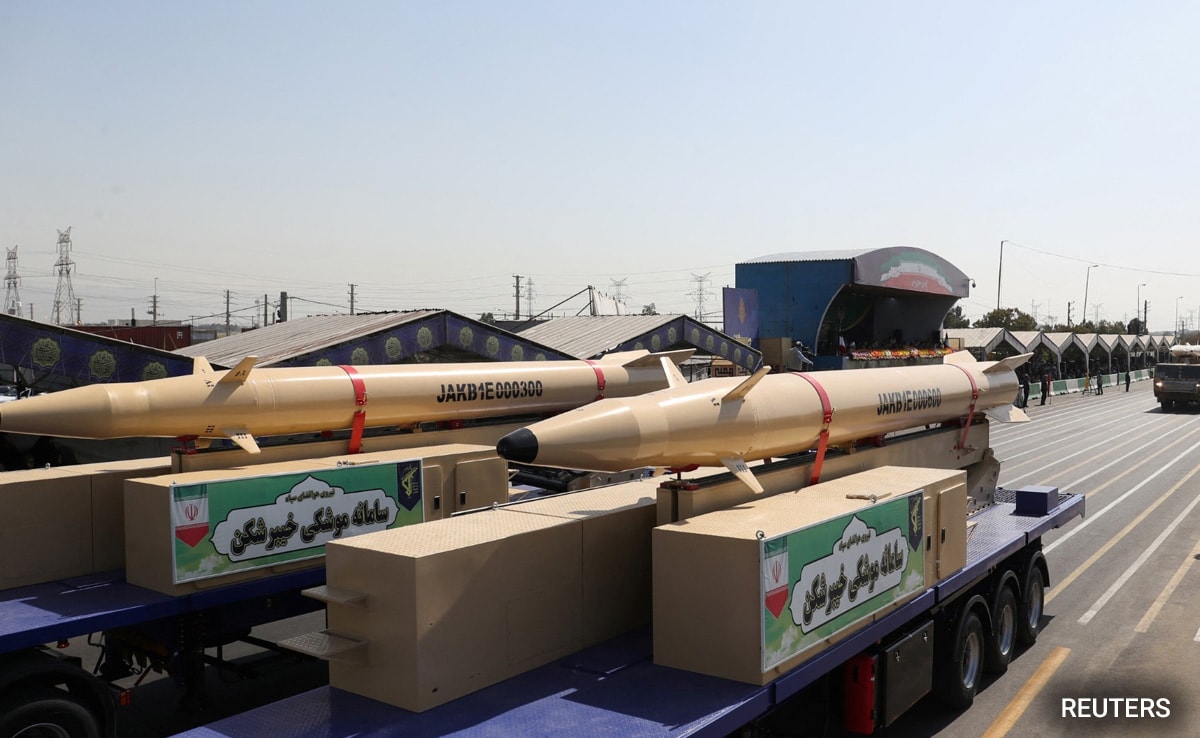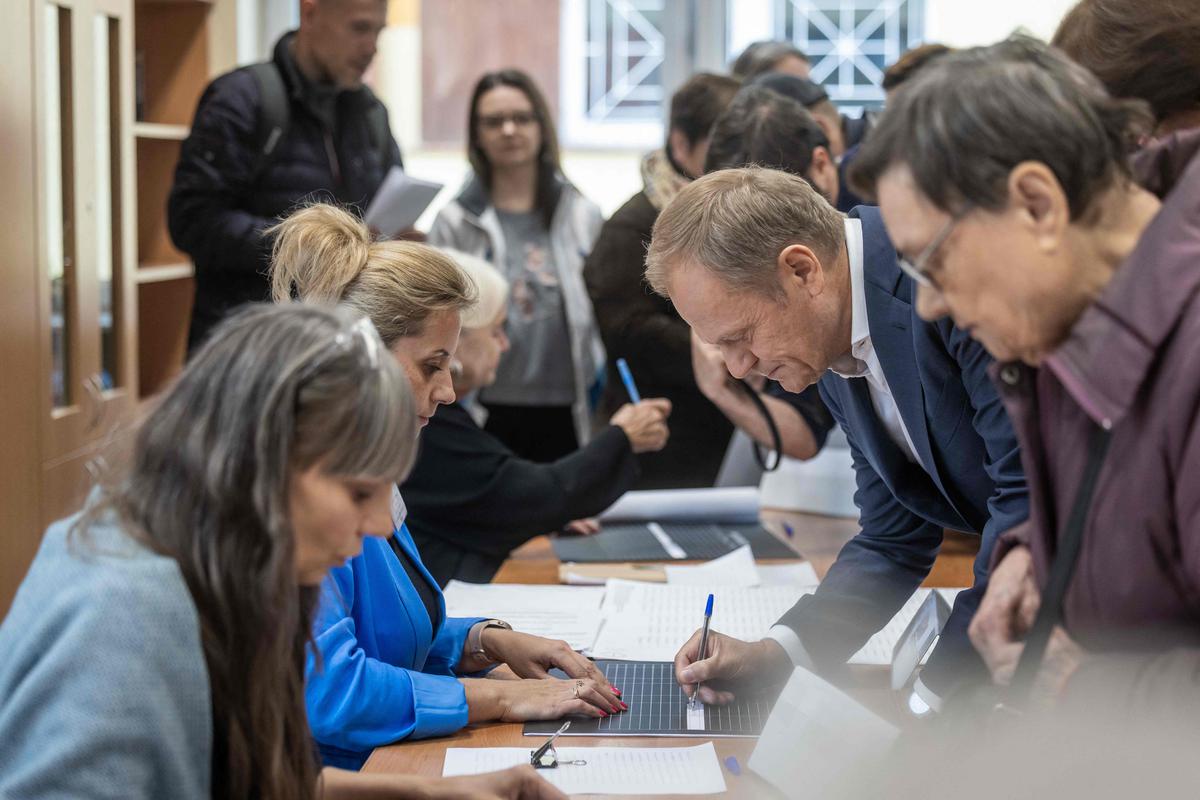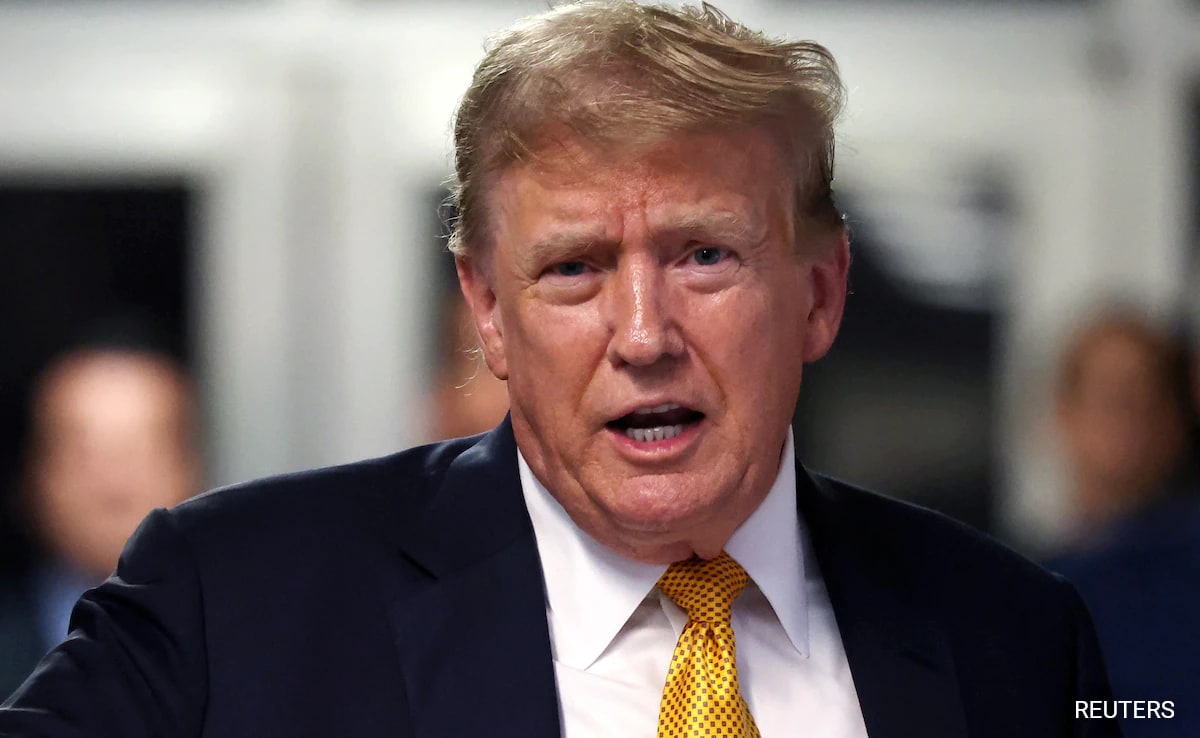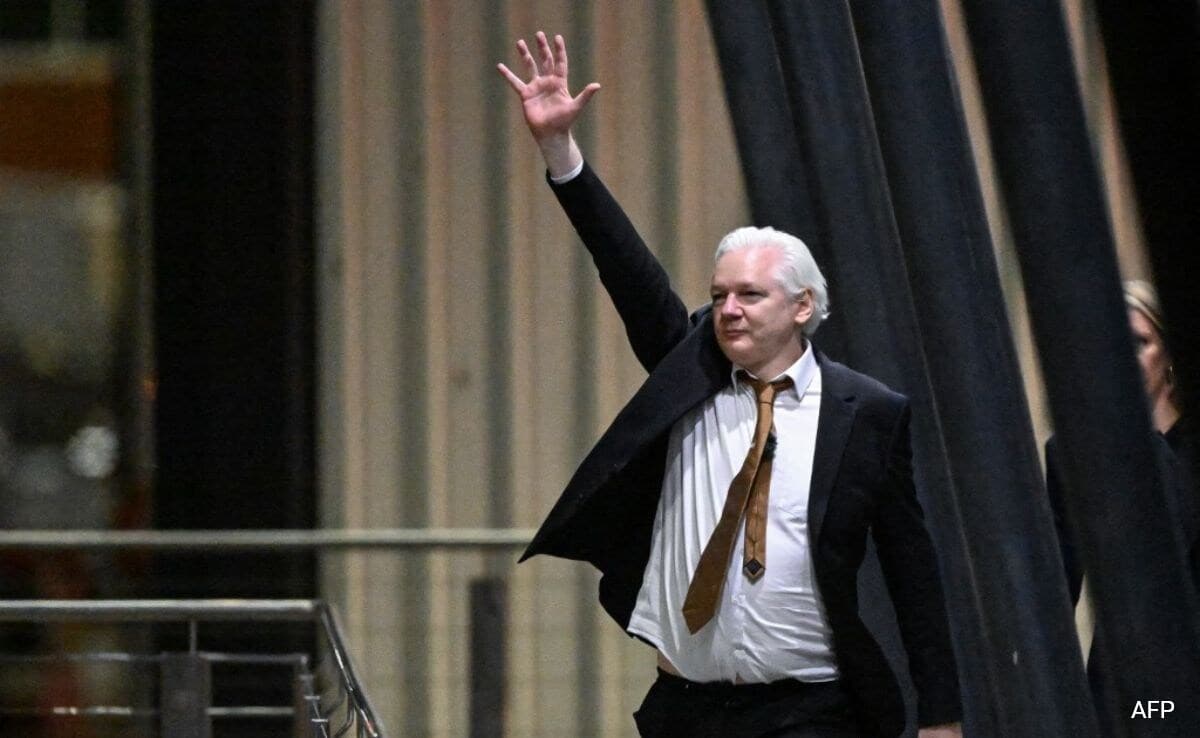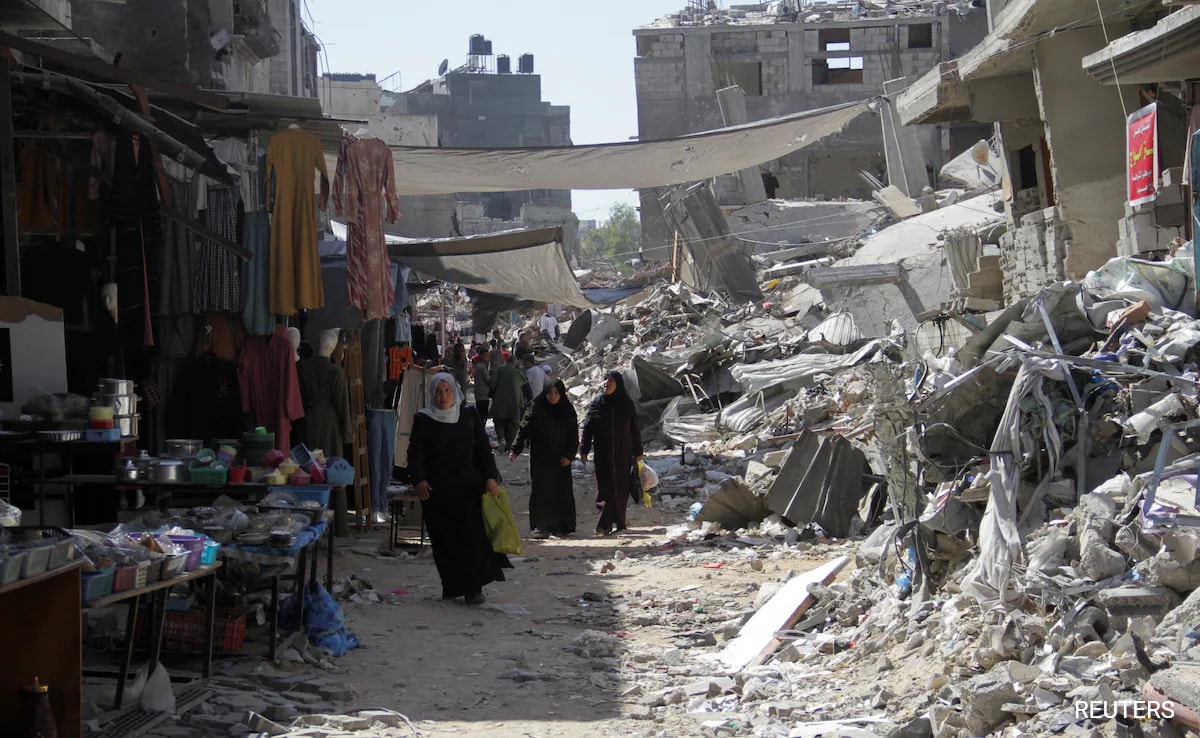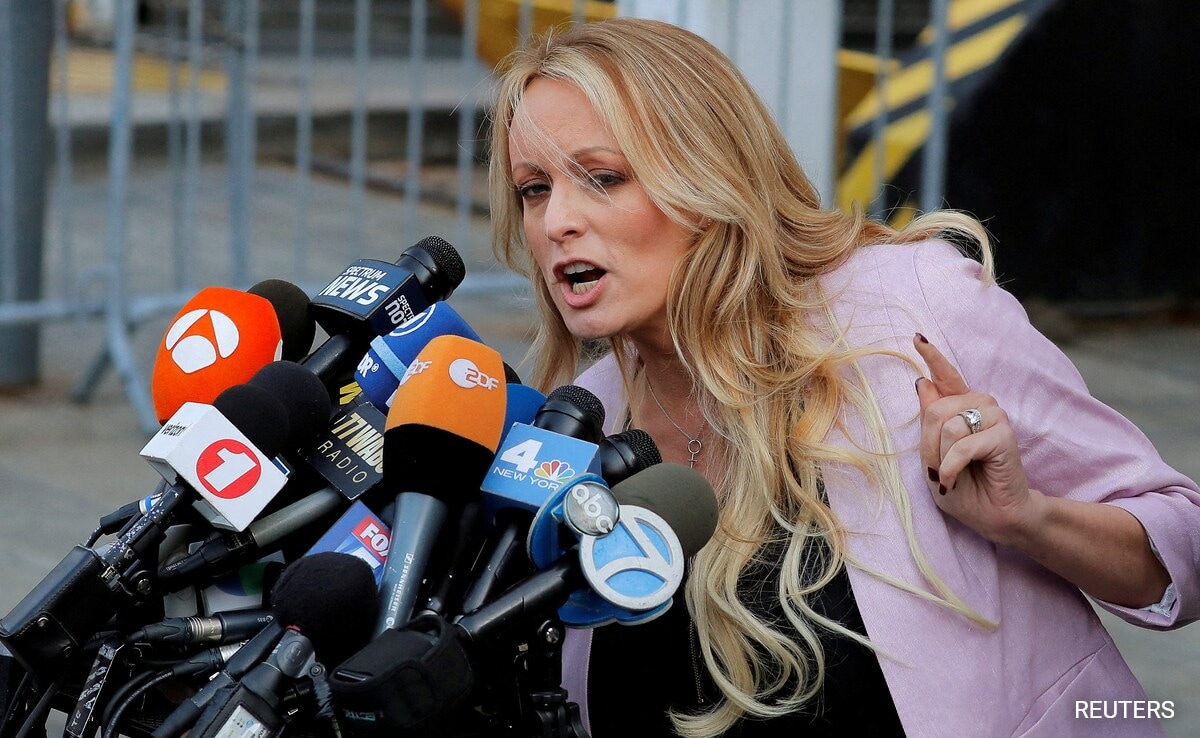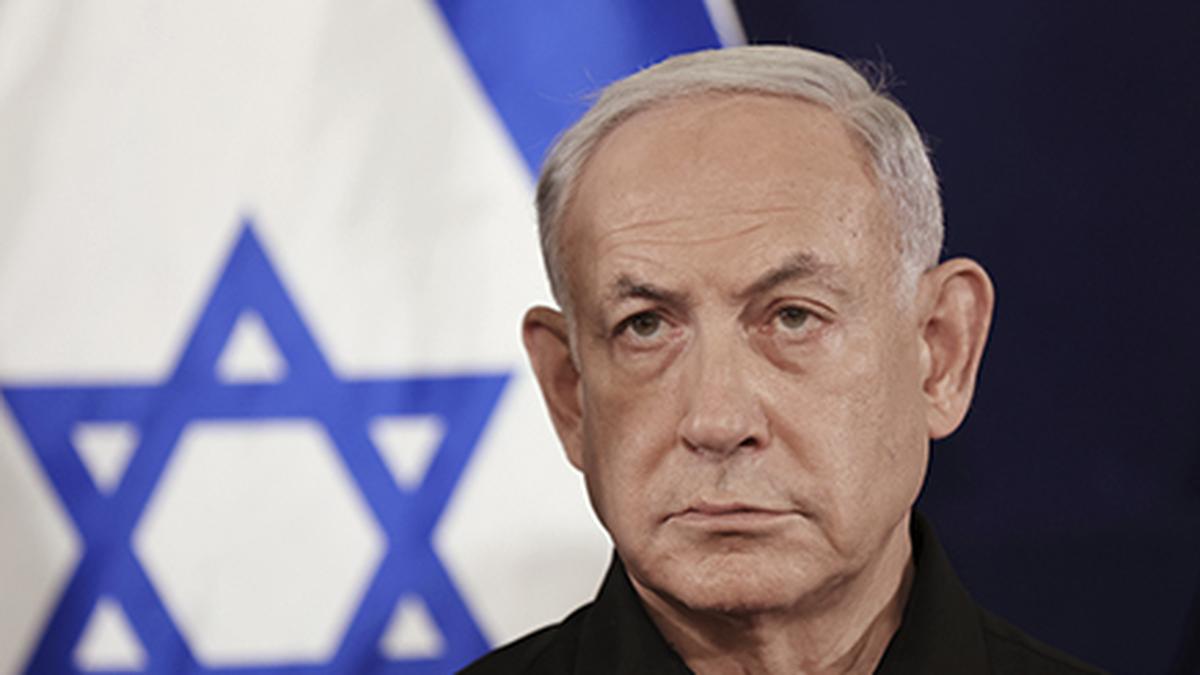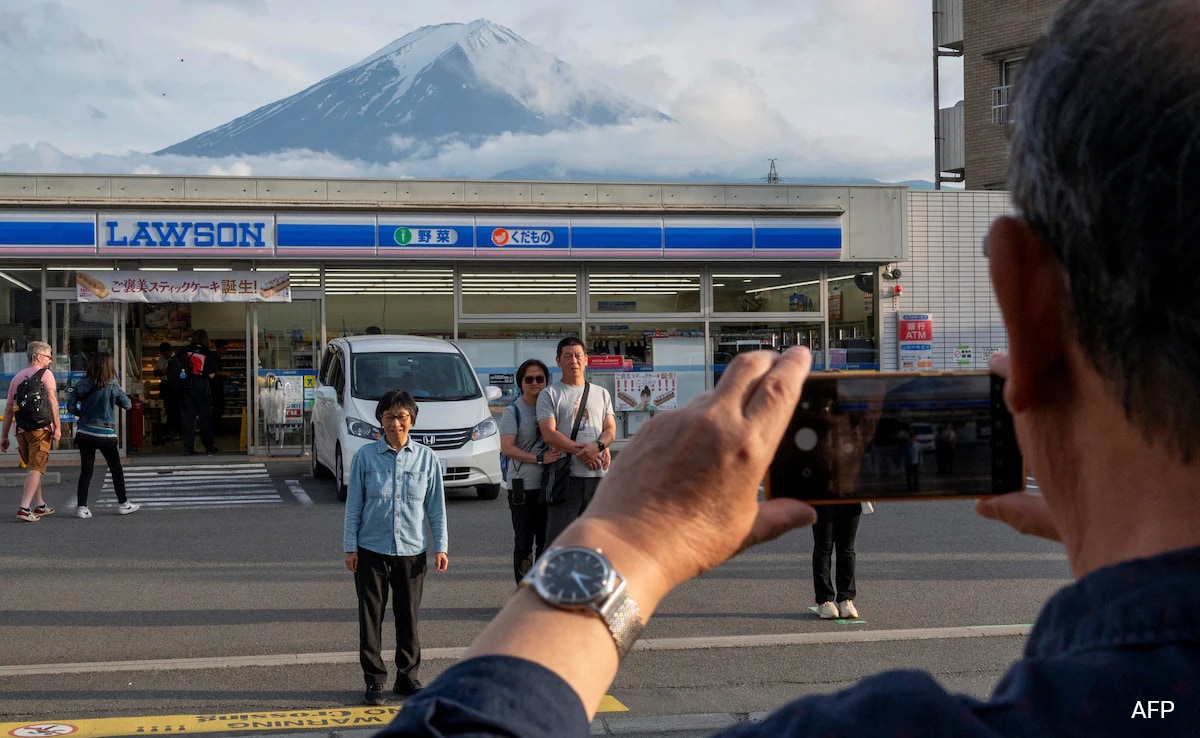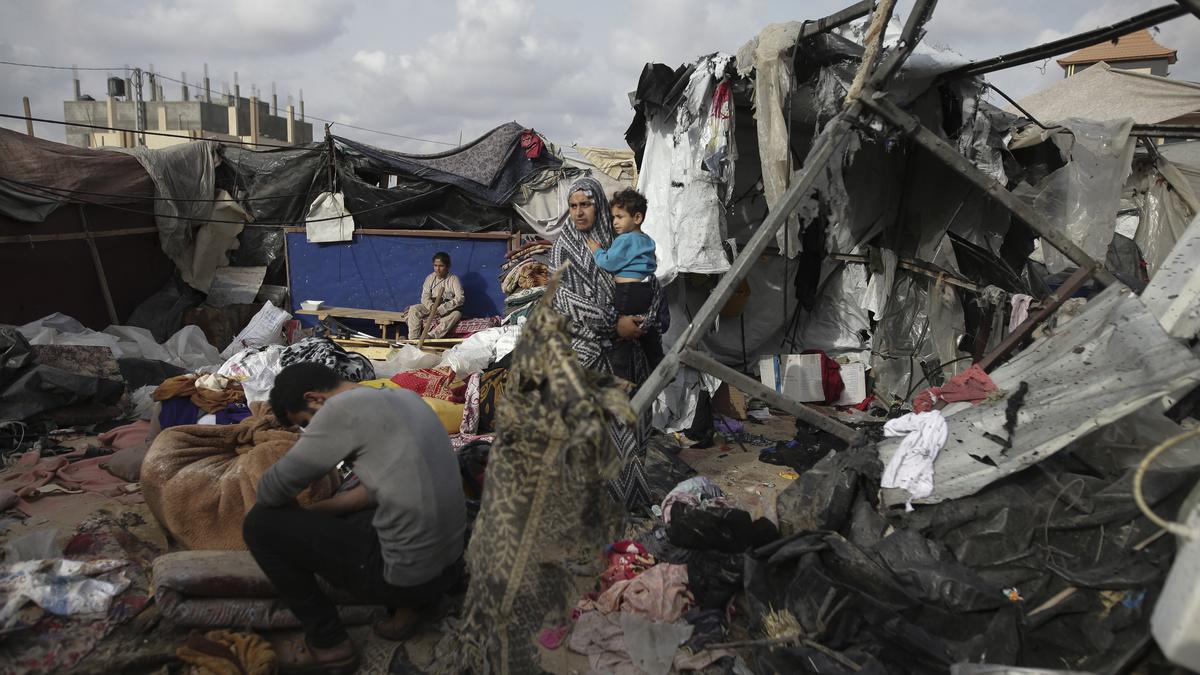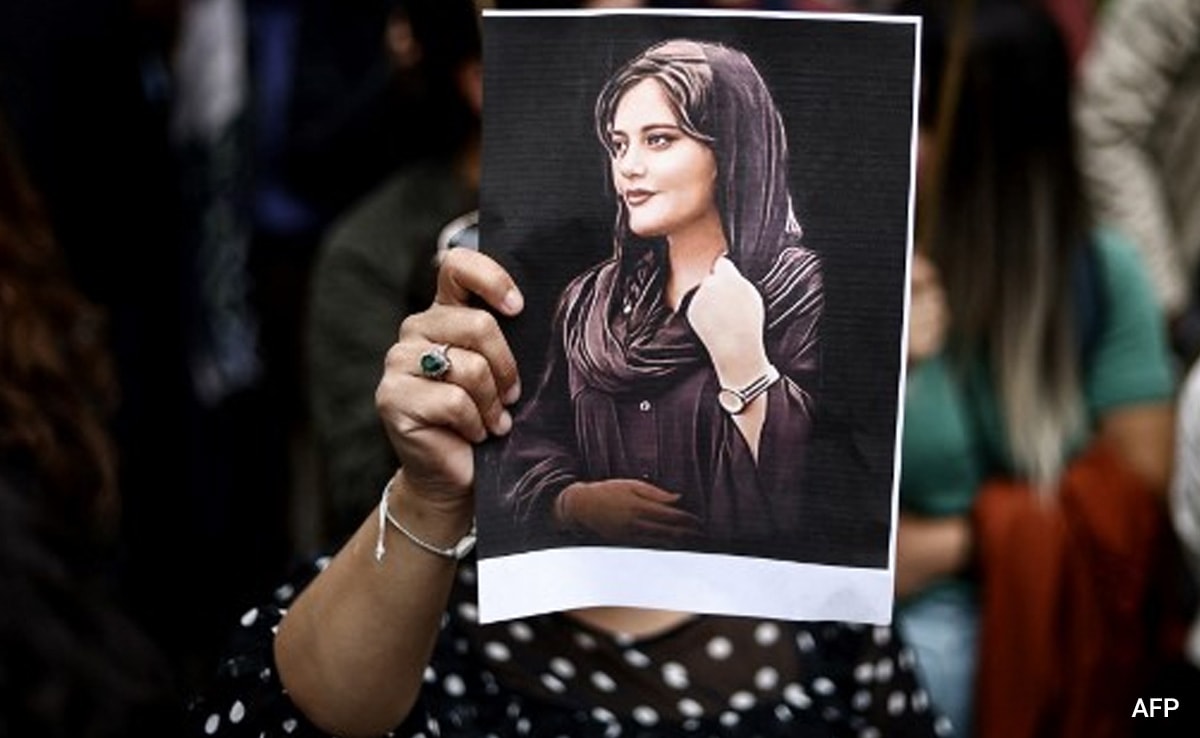Nepal’s Prime Minister Pushpa Kamal Dahal, also known as Prachanda. File
| Photo Credit: Reuters
Embattled Nepal Prime Minister Pushpa Kamal Dahal ‘Prachanda’ has decided not to resign from the post despite an agreement reached between the country’s largest parties – Nepali Congress and CPN-UML – to form a new coalition government.

In a meeting of the Communist Party of Nepal (Maoist Centre) office-bearers held in Baluwatar on Tuesday, Prime Minister Prachanda said he would rather face a vote of confidence in Parliament than resign from the post, the party Secretary Ganesh Shah told PTI.
“The Prime Minister has decided to seek a vote of confidence,” said Mr. Shah.
Mr. Prachanda, 69, has won three votes of confidence in Parliament during his one-and-a-half-year term.
The development came after Nepali Congress President Sher Bahadur Deuba and the Communist Party of Nepal-Unified Marxist Leninist (CPN-UML) chairman K.P. Sharma Oli inked a midnight power-sharing deal to form a new ‘national consensus government’ to replace the Prachanda-led coalition government.
Also read | Nepal’s coalition politics, a game of musical chairs
Nepali Congress, the largest party in the House of Representatives (HoR) has 89 seats at present, while CPN-UML has 78 seats. The combined strength of the two large parties is 167, which is sufficient for a majority of 138 seats in the 275-member HoR.
Mr. Deuba, 78 and Mr. Oli, 72, agreed to share the Prime Ministerial position on a rotation basis for the rest of the term of the Parliament.
Meanwhile, the talks between Prime Minister Prachanda and CPN-UML chief Oli to save the current coalition also failed, according to Maoist sources.
Quoting PM Prachanda, Mr. Shah said that a conspiracy has been hatched to topple the coalition government and create instability in the country.
The conspiracy came at a time when the government focused on ending corruption and introducing good governance, he said.
As per the constitutional provision, the prime minister will have 30 days to seek a vote of confidence in the House of Representatives, which would give PM Prachanda some time for political manoeuvring.
“We will engage in discussions with various parties, including the Rashtriya Swatantra Party (RSP), Nepali Congress, and CPN-UML, so as to save the coalition,” PM Prachanda was quoted as saying.
Nepali Congress President Deuba briefed party officials about the agreement with the CPN-UML during a meeting of office bearers at his residence in Budhanilkantha on Tuesday morning, according to party sources.
Mr. Deuba discussed the initial power-sharing deal reached with CPN-UML, explaining that the leadership of the government formed under this agreement would alternate between the two parties.
In the meantime, the RSP, one of the key ruling coalition partners, has decided not to participate in the new alliance between the Nepali Congress and the CPN-UML.
During a secretariat meeting on Tuesday, the party also decided to withdraw from the current government, party sources said.
The party currently enjoys 21 seats in the House of Representatives.
Nepal has had 13 governments in the last 16 years, indicating the fragile nature of the Himalayan nation’s political system.

